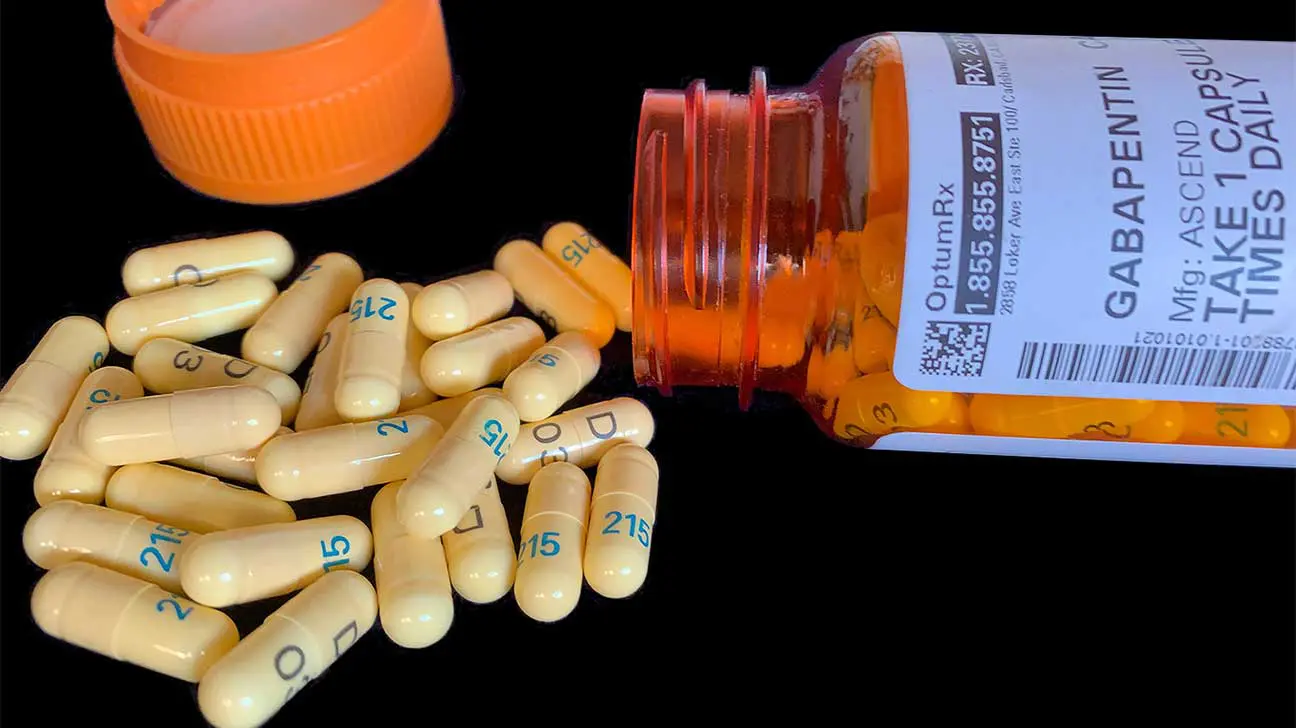
Gabapentin (Neurontin) is a prescription painkiller medication that belongs to the gabapentinoids drug class.
Further, gabapentin acts on serotonin receptors and increases serotonin concentrations in the brain.
The medication may be abused by taking high doses of the drug in pill form. Other users may administer the drug into the body through the rectum. Rectal use is popular among individuals who have become addicted to the drug.
People who abuse the medication through methods such as plugging (rectal administration) seek its calming effects, and often abuse the medication with opioids to achieve a high.
gabapentin abuse, especially when used with opioids, may lead to fatal overdose and other adverse side effects.
What Is Plugging Gabapentin?
Plugging gabapentin refers to the administration of the soluble drug into the body through the anal cavity.
This method of administration may involve dissolving a capsule or tablet of the medication into sterile water and injecting the solution into the anus with the use of a syringe.
People who abuse the drug by plugging may believe anal administration will lead to a faster high, as compared to snorting, intravenous, or oral ingestion. However, the drug is poorly absorbed rectally.
Research shows that gabapentin concentration and bioavailability may be much lower after rectal administration.
What Is Gabapentin?
Gabapentin is an anticonvulsant (or antiepileptic) that is commonly prescribed to treat epilepsy, restless leg syndrome, hot flashes, and neuralgia in the United States.
It also treats neuropathic pain and alcohol and cocaine withdrawals.
Gabapentin is sold under the following brand names:
- Neutontin
- Gralise
- Gaborone
- Fanatrex
Other drugs closely related to gabapentin include:
- Lyrica
Gabapentin reduces activity in the brain and central nervous system, producing feelings of relaxation, euphoria, and calmness.
These effects are due to having a chemical structure similar to gamma-aminobutyric acid (GABA) and its larger effects on voltage-gated calcium channels. GABA is a neurotransmitter chemical that inhibits brain and CNS activity.
Side Effects Of Plugging Gabapentin
Plugging gabapentin may lead to adverse side effects due to improper anal administration. People who administer the medication rectally may inject high doses of the drug with the use of unsterile syringes.
Plugging gabapentin may cause the following side effects:
- anal irritation, infection, and discomfort
- exposure via contaminated syringe to diseases such as HIV and Hepatitis
- worsening of preexisting health conditions of the digestive system
- indigestion, diarrhea, and constipation
- overdose
Side effects attributed to gabapentin abuse are due to side effects of the drug itself. When taken in high doses, the medication acts as a depressant.
Those with a history of a mental health disorder may be at risk of experiencing mood swings, depression, or suicidal thoughts after taking the medication.
Side effects of gabapentin drug use include:
- drowsiness
- dizziness
- loss of coordination
- tiredness
- blurred vision
- unusual eye movements
- tremors
- anxiety
- depression
- suicidal thoughts
- respiratory failure
Side effects from gabapentin abuse may be amplified when mixing the drug with other substances such as alcohol, benzodiazepines, opioids, and other prescription painkillers. Combining gabapentin with these substances may lead to death.
Gabapentin Withdrawal
People who have become chemically dependent on gabapentin may experience severe withdrawal when they attempt to stop taking it. Withdrawal symptoms may develop within several hours to several days after stopping the medication.
Those who want to stop taking gabapentin after becoming addicted to the drug should consult with a qualified medical professional.
Abruptly stopping the drug can lead to seizures, hallucinations, and other severe adverse side effects.
Gabapentin withdrawal symptoms may include:
- agitation
- irritability
- anxiety
- fatigue
- hallucinations
- seizures
- dizziness
- headache
- irregular heartbeat
In severe cases of withdrawal, individuals may require intensive inpatient monitoring and medical support.
Gabapentin Addiction Treatment
Gabapentin abuse may quickly lead to the development of chemical dependence and withdrawal symptoms in individuals who use this medication for several weeks or more.
Substance abuse treatment and medical monitoring is recommended to ensure an individual safely detoxes from gabapentin and achieves recovery.
A gradual tapering down method may be recommended during substance withdrawal along with other supportive therapies.
Unfortunately, without supportive mental health care and substance abuse treatment, many addicted individuals continue to suffer from adverse side effects, drug-seeking behavior, and chronic substance abuse, for many years.
If you or a loved one is addicted to gabapentin, or if you have any questions about substance abuse treatment programs, please connect with our treatment center through our helpline today.
Addiction Resource aims to provide only the most current, accurate information in regards to addiction and addiction treatment, which means we only reference the most credible sources available.
These include peer-reviewed journals, government entities and academic institutions, and leaders in addiction healthcare and advocacy. Learn more about how we safeguard our content by viewing our editorial policy.
- CNS Drugs — Misuse and Abuse of Pregabalin and Gabapentin: Cause for Concern?
https://link.springer.com/article/10.1007/s40263-014-0164-4#citeas - National Center for Biotechnology Information — Failure of absorption of gabapentin after rectal administration
https://pubmed.ncbi.nlm.nih.gov/9579927/ - ResearchGate — Is There a Recreational Misuse Potential for Pregabalin? Analysis of Anecdotal Online Reports in Comparison with Related Gabapentin and Clonazepam Data
https://www.researchgate.net/publication/49734990_Is_There_a_Recreational_Misuse_Potential_for_Pregabalin_Analysis_of_Anecdotal_Online_Reports_in_Comparison_with_Related_Gabapentin_and_Clonazepam_Data


